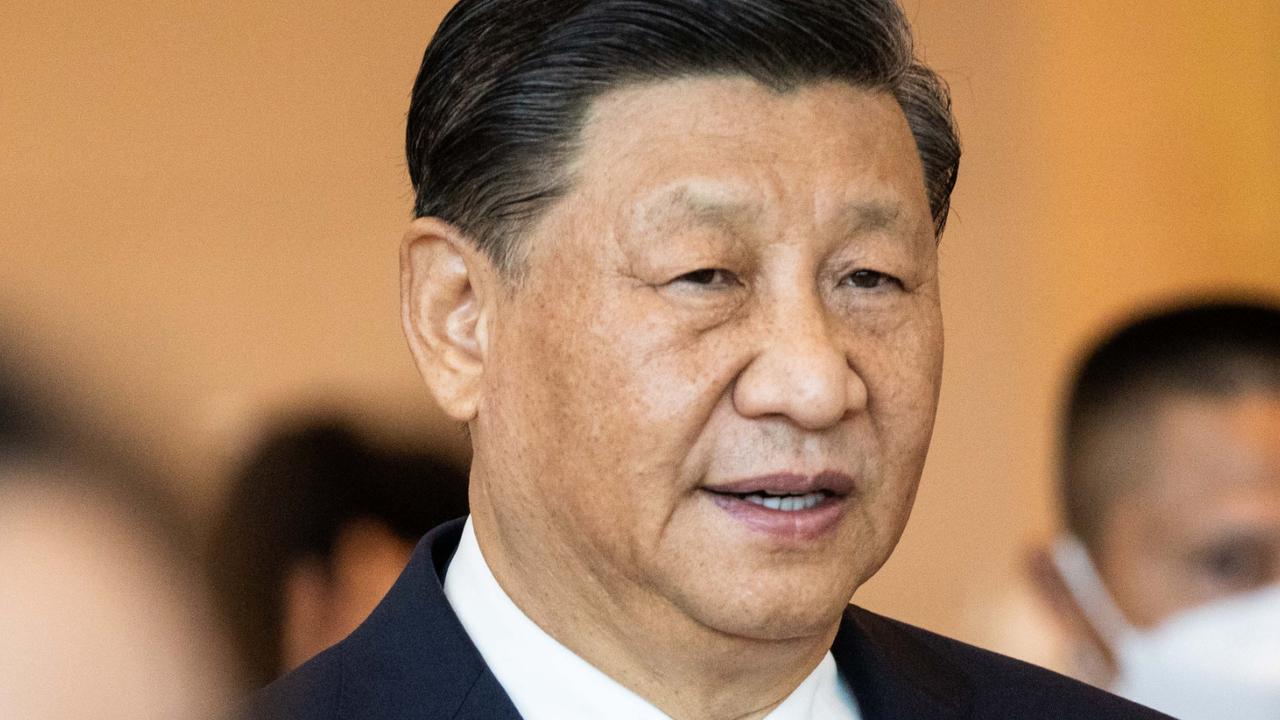Former prime minister Kevin Rudd has warned Australians are “living in dangerous times” and there is a real risk that China remains on track to take military action against Taiwan.
Speaking at the Australian National University tonight, Mr Rudd argued the next five years are critical and will shape and arguably determine the future stability of the Indo-Pacific region.
“If we fail to navigate the next five years carefully, there is a grave risk that by the late 2020s and the early 30s, we could well find ourselves on the cusp of armed conflict.
“It is easy to use the term ‘armed conflict’. But when we begin to imagine the scope of a possible war between China and the United States over Taiwan, the strategic, economic and human cost of such a conflagration is likely to be of an order of magnitude not seen since the Second World War.”
Mr Rudd said this is one of the reasons why all three countries – China, the United States and Australia – must apply every effort to ensure there is indeed a peaceful, prosperous and sustainable future.
“The alternative is too catastrophic to contemplate,’’ he said .
Mr Rudd said in the speech that the balance of military power across the Taiwan Strait has been moving in China’s favour for some time.
“Plainly, both sides are engaged in a strategic competition as to which country emerges as the pre-eminent regional and global power by mid-century,’’ he said.
“It doesn’t take a lot of deep analysis of Xi’s mission statement of “the great rejuvenation of the Chinese nation by 2049” to conclude that this means China once again resuming its status, as it had in the middle Qing period, of being the pre-eminent regional and global power.
“Furthermore, Xi Jinping has made plain that national rejuvenation cannot be achieved in the absence of reunification with Taiwan.
“Therefore, whether we like it or not, we are already on a 27-year timeline between now and when Xi has decreed Taiwan must return to Chinese sovereignty, peacefully or by force, in order to celebrate the completion of Mao’s revolution by the centenary of the establishment the People’s Republic in 2049.
“We now live, therefore, in dangerous times.”
Mr Rudd also reflected on the meeting between the US president, Joe Biden, and Xi in Bali last week – the first in-person meeting since the Democrats assumed office.
He argued the importance of the overall outcome of the Biden-Xi summit in Bali at the margins of the G20 was that both Beijing and Washington appear to have taken their first tentative steps towards some form of managed strategic competition.
“The problem with unmanaged strategic competition is that it is dangerous,’’ he said.
“There is a real and living danger that it can result in war by accident – namely accidental incident, escalation, crisis, conflict and war.We have seen this script many times over in the uglier chapters of the history of international relations.
“The challenge right now is to reduce the risk of war by accident for the short to medium term.
“Both sides have decided to put the megaphone away. This is a healthy first step in restoring some level of stability and even normality to the diplomatic discourse between Beijing and Canberra,’’ Mr Rudd said.
“Furthermore, with Prime Minister Albanese’s meeting with President Xi in Bali, we now have resumed head of government-level contact between the two sides after a six-year hiatus. Nowhere in the half-century-long history of the Australia-China bilateral relationship has there
been such a political freeze on contact between the two sides.”
“However, it would be foolish to conclude, at least from the Chinese perspective, that Xi has shelved his aspiration to retake Taiwan. Nothing could be further from the truth. In fact, his language on Taiwan in the official readout from the Bali Summit is arguably more hardline than before.
“It remains my conclusion, therefore, that beyond the short to medium term, China still remains on track to enhance its military preparedness, as well as its financial, economic and technological preparedness, to take action against Taiwan from sometime in the late 2020s or in 2030s – when Xi, of course, still aims to be in power.”
Read related topics:China

